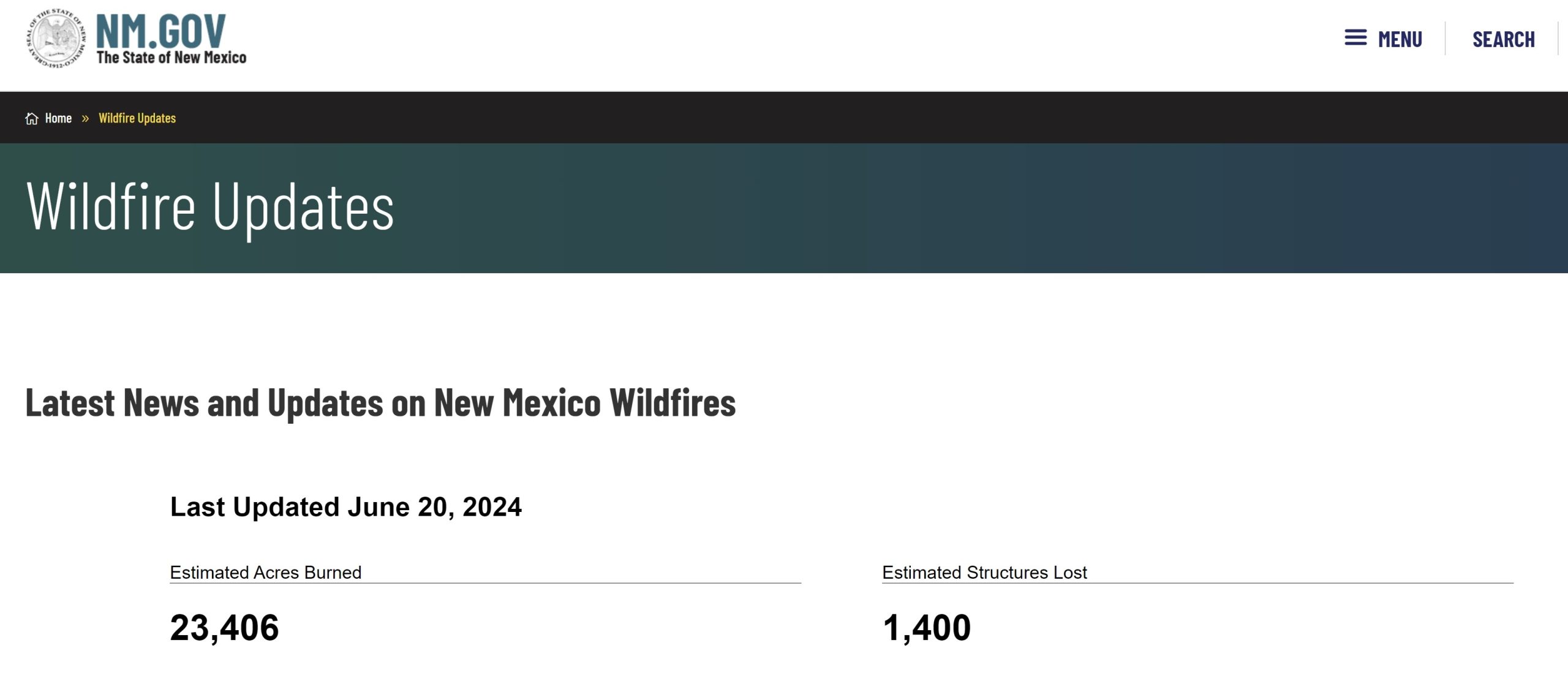Podcast: Play in new window | Download | Embed
A sacred red rock to the Kaw Nation that was taken from the tribe and put on display in Lawrence, Kan., has finally returned to its original homelands in Council Grove, Kan.
Rhonda LeValdo has the story on the celebration that was held over the weekend.

A Rematriation held Saturday for “Iⁿ ‘zhúje ‘waxóbe,” which in the Kaw language basically translates to “Sacred Red Rock” was done at its new home on Kaw land at Allegwaho Memorial Heritage Park near Council Grove.
Kaw tribal citizen Storm Brave spoke on the event.
“I just hope and pray from this day on that it is respected amongst this community since we aren’t able to take it back to Washunga, Oklahoma, where we are now. It’s a good way to remind people that our (Kaw language) people are still here and we’re still thriving and growing. I hope that our Iⁿ ‘zhúje ‘waxóbe is kind of a steward into our future.”
Vice Chair of the Kaw Nation Jim Pepper Henry also spoke of the support of the local community.
“The Kaw Nation is humbled by the outpouring of support for this project…and we respectfully ask our neighbors to assist us in the stewardship and care of Allegawaho Memorial Heritage Park.”
The park was part of the last reservation the Kaw people had in Kansas before they were removed to Oklahoma. The Kaw Nation bought the land back in 2002.
Iⁿ ‘zhúje ‘waxóbe the sacred red rock was deposited at the intersection of the Shunganunga Creek and Kansas River near Tecumseh, Kan. by glaciers during the last ice age.
It remained there until 95 years ago when it was moved to Lawrence.
A new mobile clinic is now serving about 2,000 Tribal patients in rural Nevada.
It’s one of the latest beneficiaries in the region of a federal grant program.
KUNR’s Maria Palma reports for the Mountain West News Bureau.
The unit will provide services to both the Lovelock Paiute Tribe and the Yomba Shoshone Tribe.
Without a mobile clinic, medical staff would make weekly trips in multiple vehicles covering hundreds of miles to provide medical services.
Cathi Williams-Tuni, Chairwoman of the Fallon Paiute Shoshone Tribe, says it’s a dream come true.
“We have the remote locations at Yamba and Lovelock and sometimes to go out to Lovelock, they always have to take the four by fours, because of the roads. Much of the road is dirt.”
Clinical nurse Joy Schultz says the mobile clinic will bring people immunizations, lab testing, physician and nurse visits, wound care, prescription medicine distribution and education.
“We can say we’ve actually saved lives, we’ve saved limbs, we’ve saved communities from COVID.”
The new mobile clinic was funded through a $670,000 emergency rural healthcare grant, provided by the U.S. Department of Agriculture.
 The Federal Bureau of Investigation (FBI) is seeking information from the public about the cause of the South Fork and Salt Fires in New Mexico burning on the Mescalero Apache Reservation and near Ruidoso.
The Federal Bureau of Investigation (FBI) is seeking information from the public about the cause of the South Fork and Salt Fires in New Mexico burning on the Mescalero Apache Reservation and near Ruidoso.
A flyer released by the FBI says it’s offering $10,000 for information leading to the “arrest and conviction of the person or persons responsible” for starting the fires.
The bureau’s Albuquerque Field Office is assisting tribal, local, state, and federal partners in the investigation of the fires, which were discovered on June 17.
The FBI is taking information via its telephone tipline, through its online tip form, or in person at local FBI offices.
The fires combined have burned more than 24,000 acres.
As of Saturday, the South Fork Fire was 26% contained and the Salt Fire was 7% contained.
Get National Native News delivered to your inbox daily and stay up-to-date on the 2024 Native Vote. Sign up for our daily newsletter today.







 The Cherokee Nation is holding a Juneteenth celebration in Tahlequah, Okla.
The Cherokee Nation is holding a Juneteenth celebration in Tahlequah, Okla.



 The Assembly of Manitoba Chiefs is commending the announcement by the province to take preliminary steps to begin the search of the Prairie Green Landfill for the remains of Marcedes Myran and Morgan Harris.
The Assembly of Manitoba Chiefs is commending the announcement by the province to take preliminary steps to begin the search of the Prairie Green Landfill for the remains of Marcedes Myran and Morgan Harris.

